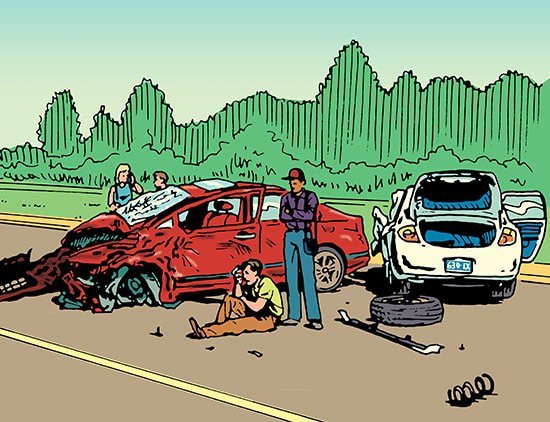In a dark room, late at night, a little light can be found... Much to my fiancé's dismay, it's my little reading light illuminating my latest "can't-put-it-down" literary obsession. Life can be pretty trying at times between challenges, obstacles, and not enough hours in the day. Complaining is easy, but in most cases you're just preaching to the choir."Oh for a book and a shady nook..." - John Wilson.
So perhaps it's time to curb the complaints and find a way to unwind and "escape." Having a diversion from the day to day, whether it's a break from the same old routine—or never-ending chaos—is necessary. While on some days I certainly wish that I could escape to a tropical island with my dog, you've got to be realistic. My go-to escape? Pages. Pages upon pages of words that can transport me to any location, straight from the comfort of my couch, office break room, beach chair, or inexplicably uncomfortable plane seat.













Comment: Reading slowly can benefit your brain and reduce stress